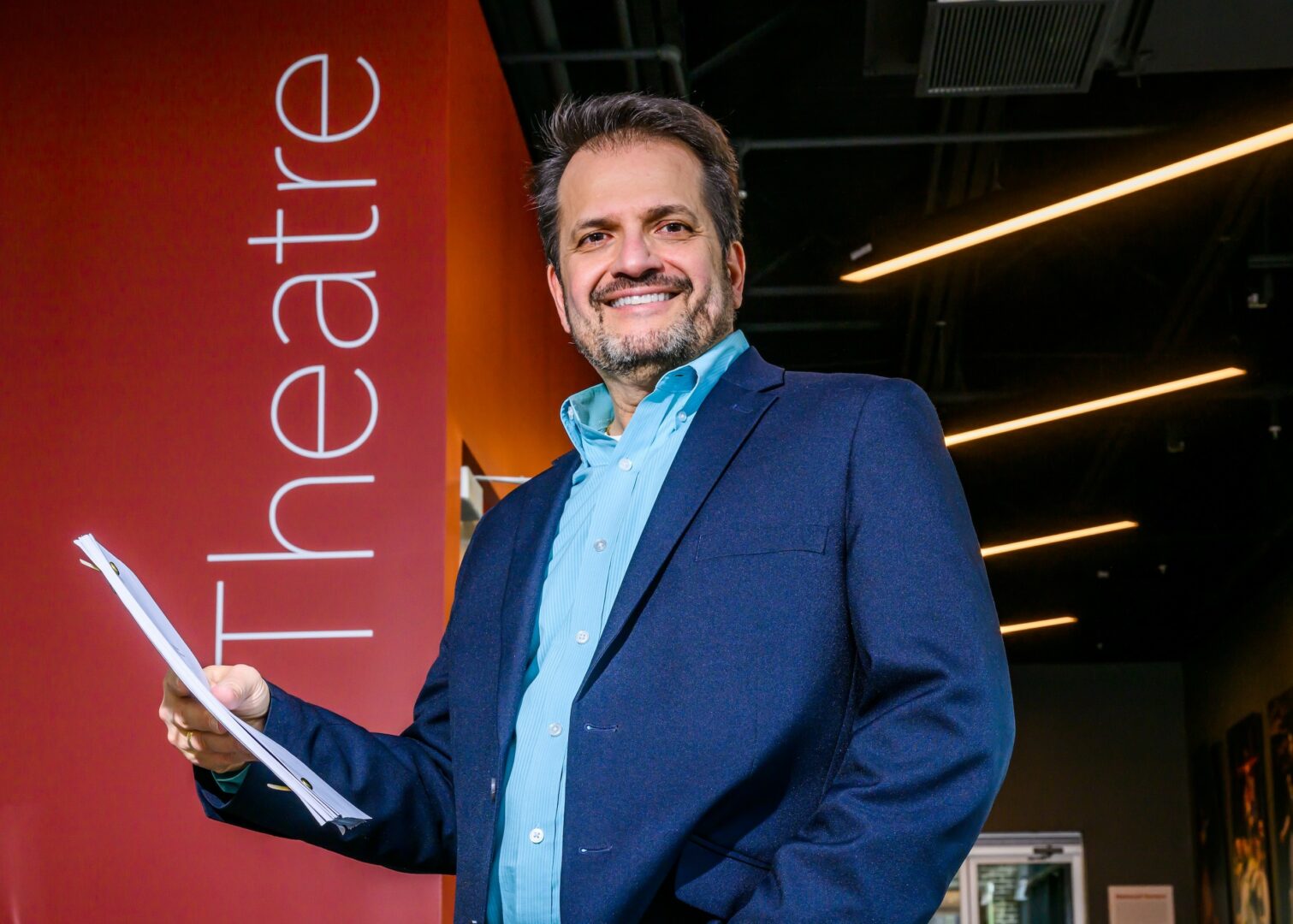Santo D. Marabella shared their story and experiences with us recently and you can find our conversation below.
Santo D., we’re thrilled to have you with us today. Before we jump into your intro and the heart of the interview, let’s start with a bit of an ice breaker: What are you being called to do now, that you may have been afraid of before?
In a 3.5 year period, I lost my “everyday” family – my Mom, my Dad and my Dog. So, two years ago, I was in the darkest space of my life. To get through this, I needed to acknowledge and begin working through my grief. As part of that process, I had to confront the isolation and loneliness that was the core of my grief. Besides talk therapy and participation in a grief group, I decided to launch a personal and public (explanation to follow) journey to seek un-answered or un-clear answers to questions about my adoption in Italy in the 1960s during what was known as the Baby Scoop Era. Questions around my origin, even though I successfully searched and met my birth family, have not been completely answered. I thought perhaps getting those answers might be a key to also finding peace in my grief. I also decided that I would share this journey, and that is how, “Il Mio Posto a Tavola (My Place at the Table) , a first-person documentary film was born.
Can you briefly introduce yourself and share what makes you or your brand unique?
I am a teacher – everything I do is teaching. I had a wonderful career as a management professor at Moravian University, where I continue to teach and advise students on a part-time basis. I write – books and a newspaper column – sharing experiences to help others in their work and personal lives. I create film and theater – to entertain and spark attention and conversation that strives to educate and advocate. I speak – to organizations, businesses and their people – to train their minds and encourage their spirit.
My current project is the documentary film I mentioned, Il Mio Posto a Tavola (My Place at the Table). In a post-loss world, I felt more than ever, that I didn’t belong. This film, a first-person documentary, is my journey to belonging. The logline is:
Rescued as a baby from an orphanage and adopted by his Italian-American parents, a filmmaker returns to Aosta, Italy, a lifetime later to reconcile the feelings that have stopped him from finding his place at the table.
Appreciate your sharing that. Let’s talk about your life, growing up and some of topics and learnings around that. What part of you has served its purpose and must now be released?
In the process of making this film, I was reminded about the anger, the guilt and the sadness I experienced because of adoption. I had wonderfully loving and dedicated adoptive parents, who gave me everything I needed and most of what I wanted. I am the person I am today because of them. What they could not do for me is take away the feelings of isolation and inadequacies that comes from the reality of being an adopted child.
Being told I was adopted is the first thing I remember remembering. My parents told me in a loving and caring way, and I’m glad they did. At the same time, knowing as a child that you were rejected by parents was not easy for me to process as an adolescent.. I felt great appreciation to my parents for the life they gave me, and I felt great inadequacies in proving to them they made the right choice in adopting me. I felt significant loneliness, as I was constantly bullied in grade school and high school. I felt guilty and worried that knowing I was gay was going to separate me from my church or my family (an unfounded fear – my parents and family never rejected me). And, later, after meeting my birth family, the guilt came from having so many opportunities that my natural siblings did not have. I felt anger for the “lies” I’d been told from a church and thought I had been told from a birth family, and didn’t know who to believe.
All of this weighed heavily on my spirit and soul. All of this seemed even more oppressive under the pall of grief. It had to be released. It got in the way in many ways in my life – relationships, success and joy were challenging and difficult to achieve or be satisfied by.
When did you stop hiding your pain and start using it as power?
The pain I described from my experience growing up adopted is ever-present. I thought I had dealt with it over the years, and I did, but it is not something that goes away, it is something that I will always need to wrestle with. Sharing this pain so publicly in the film marks a crucial beginning – it was the beginning of no longer hiding the pain. It is the beginning of harness the pain’s power. I am not alone in this pain – thousands of other babies and their mothers were victimized by the Baby Scoop Era when un-married mothers were forced or shamed into giving up their infants. Much more than the “misery loves company” adage is “shared pain is shared power” over that pain! Shared pain gives others opportunities to empathize and show compassion. Shared pain is a great step toward healing.
Sure, so let’s go deeper into your values and how you think. Is the public version of you the real you?
I have talents as an artist, acting is not one of them. Good thing, because documentaries have no actors – they are real people sharing their story. The people are either authentic or not. The more vulnerable the person in the documentary, the more likely they’re authentic. The public version of me, as seen in the documentary is the same person life-long friends see all the time, for better or for worse.
Before we go, we’d love to hear your thoughts on some longer-run, legacy type questions. What do you think people will most misunderstand about your legacy?
I always worry that people will simply look at my public persona as someone who likes self-promotion, being in the limelight, a “glory-hound” who just wants “the credit” and really has no substance. Making this film has certainly accentuated that fear in me. “He’s whining about his adoption when he had this great life!” or “this is a vanity project, nothing more.”
Those kinds of reactions plagued me throughout the entire process of making this film. But, they didn’t stop me (very little does, I’m a Taurus, good luck with that!). I know how I feel about publicity and self-promotion. I’m comfortable with it and I know how to use it. I know why I’m doing this – people relate to people they trust or admire. I’m not claiming admiration at all – who people admire is very personal to each individual. But, I do know that putting myself out there the way I do can build trust. When there is trust, messages can be transmitted. My message is – you are not alone, even if adoption is not what has held you back from belonging; whatever it is you, I hope you can find strength or a path forward because of what I share.
Contact Info:
- Website: https://marabellallc.com/
- Instagram: https://www.instagram.com/thepracticalprof/
- Linkedin: https://www.linkedin.com/in/thepracticalprof/
- Facebook: https://www.facebook.com/SantoD
- Youtube: https://www.youtube.com/@MarabellaE
- Other: https://ilmiopostofilm.com/
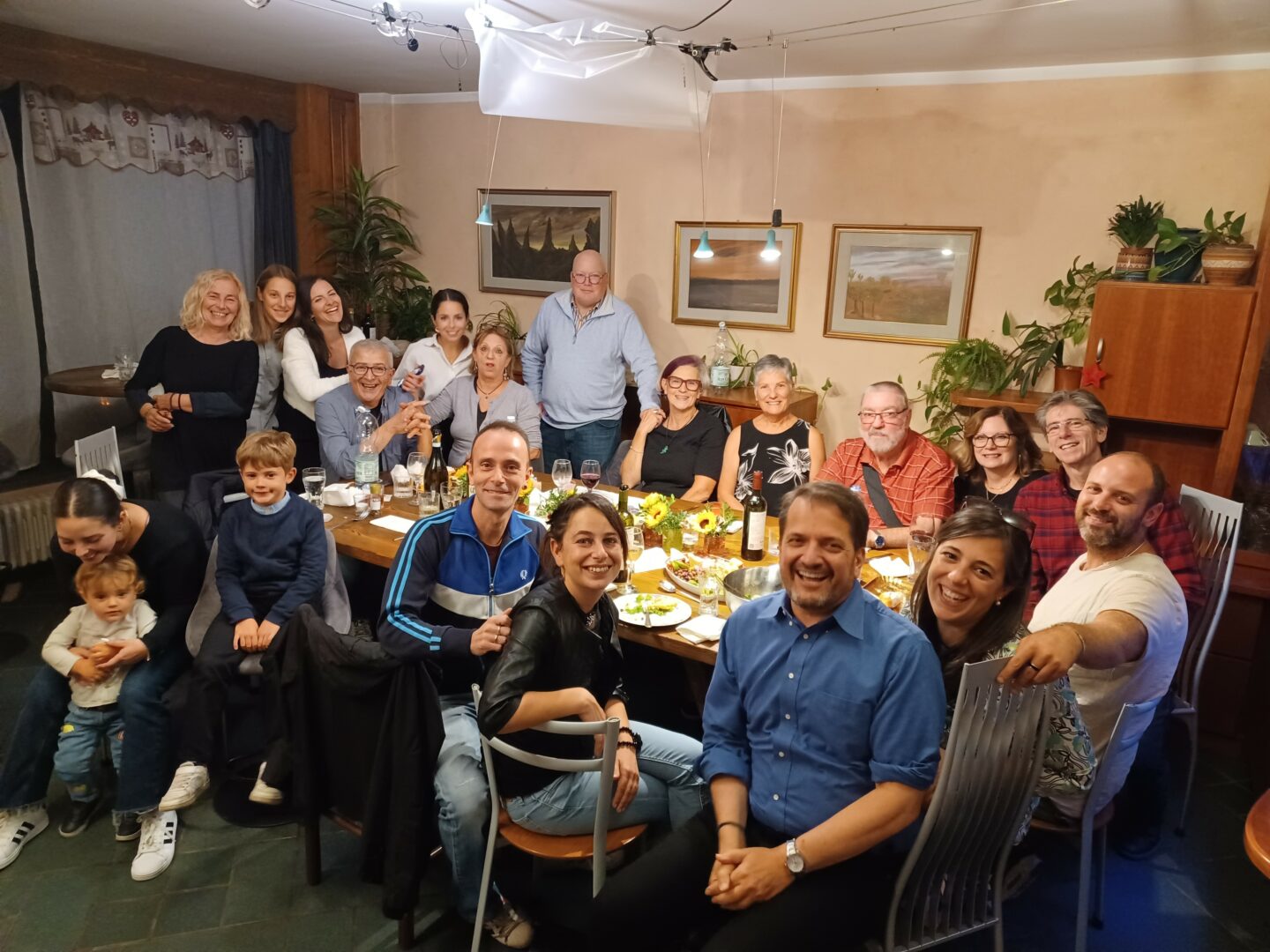
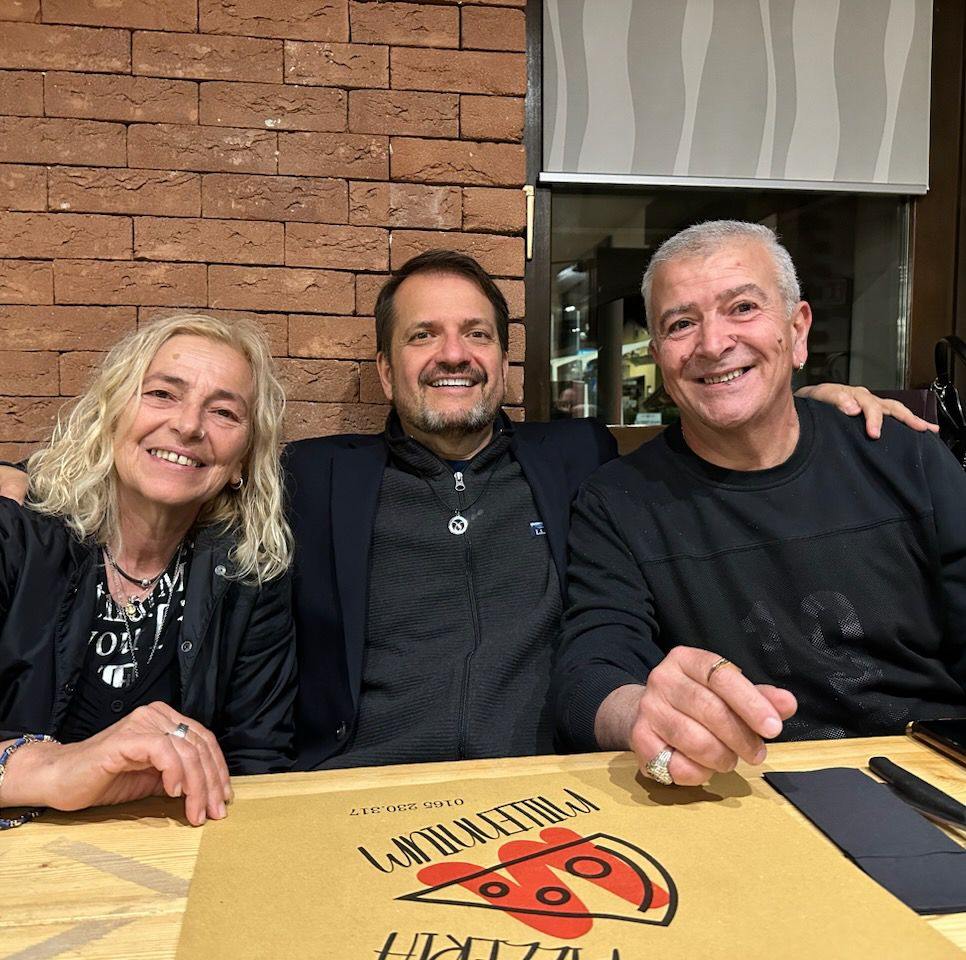
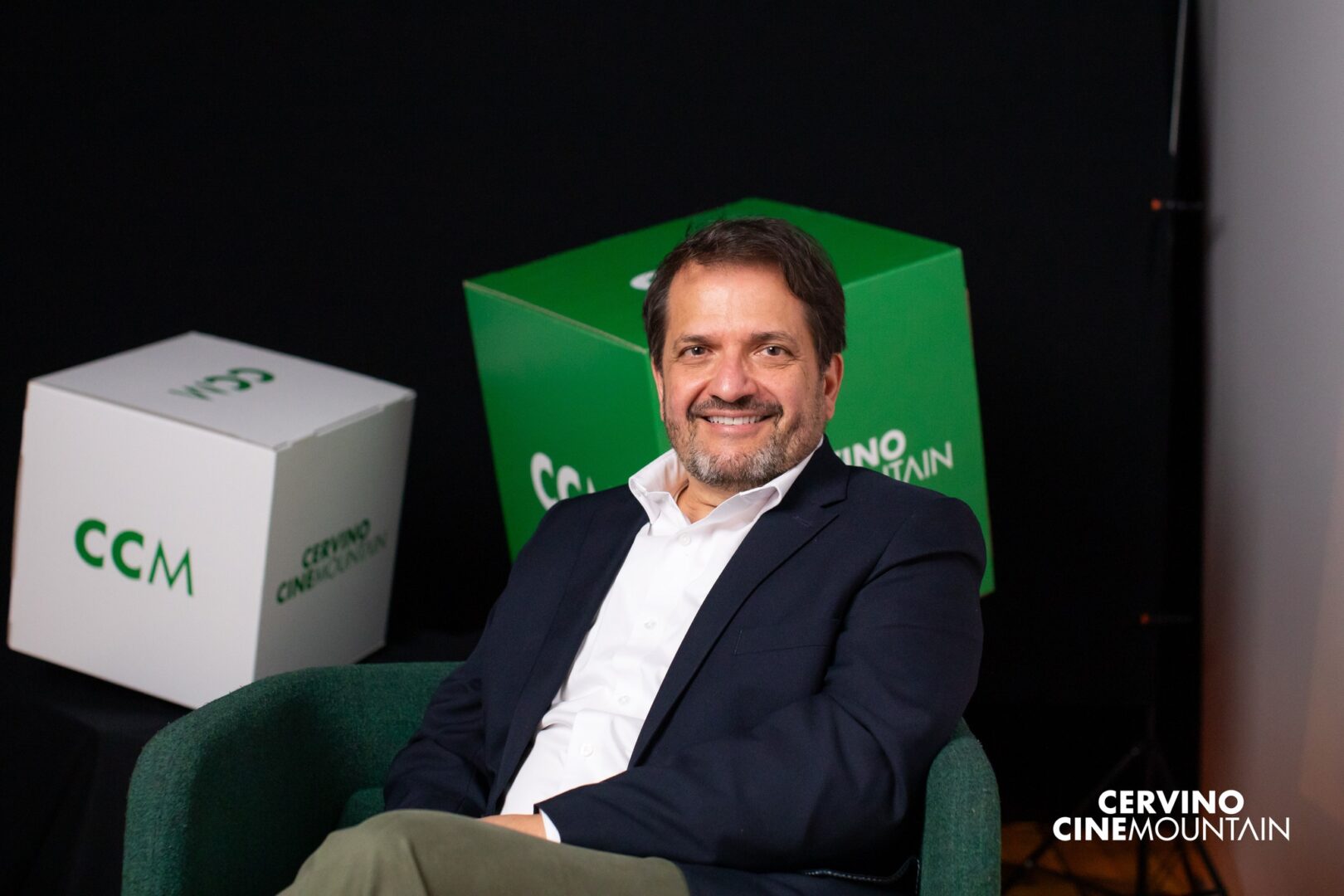
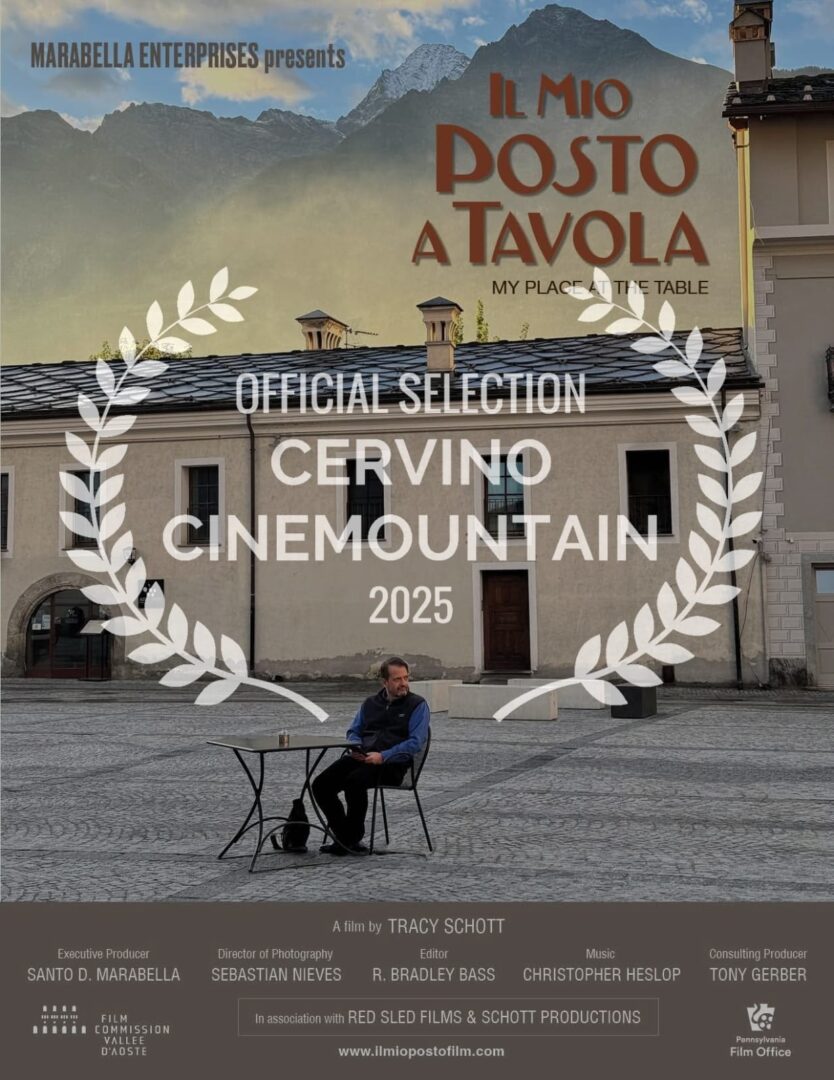
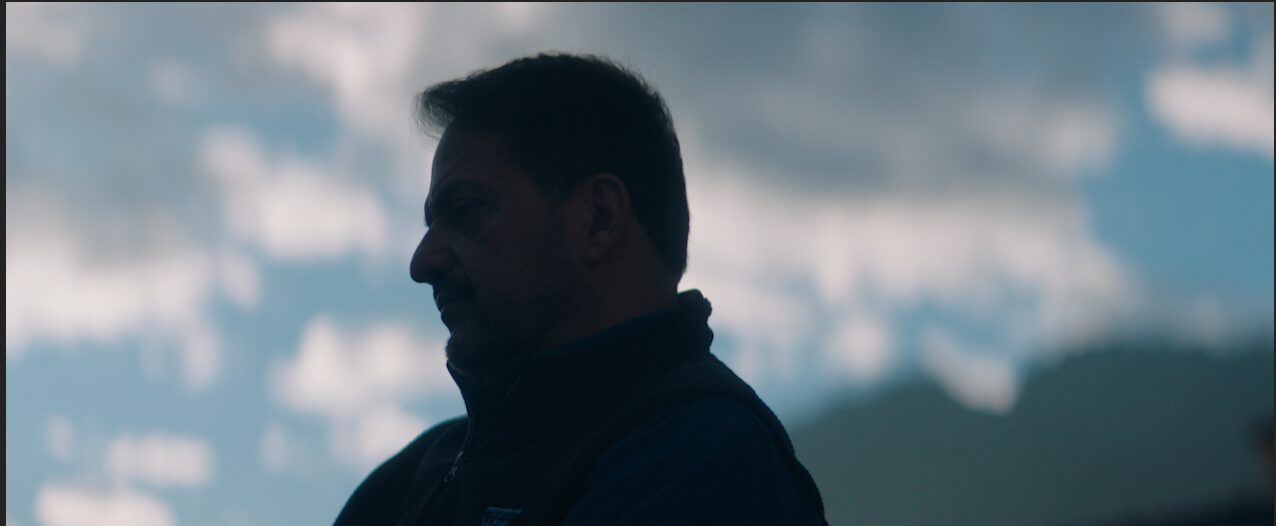
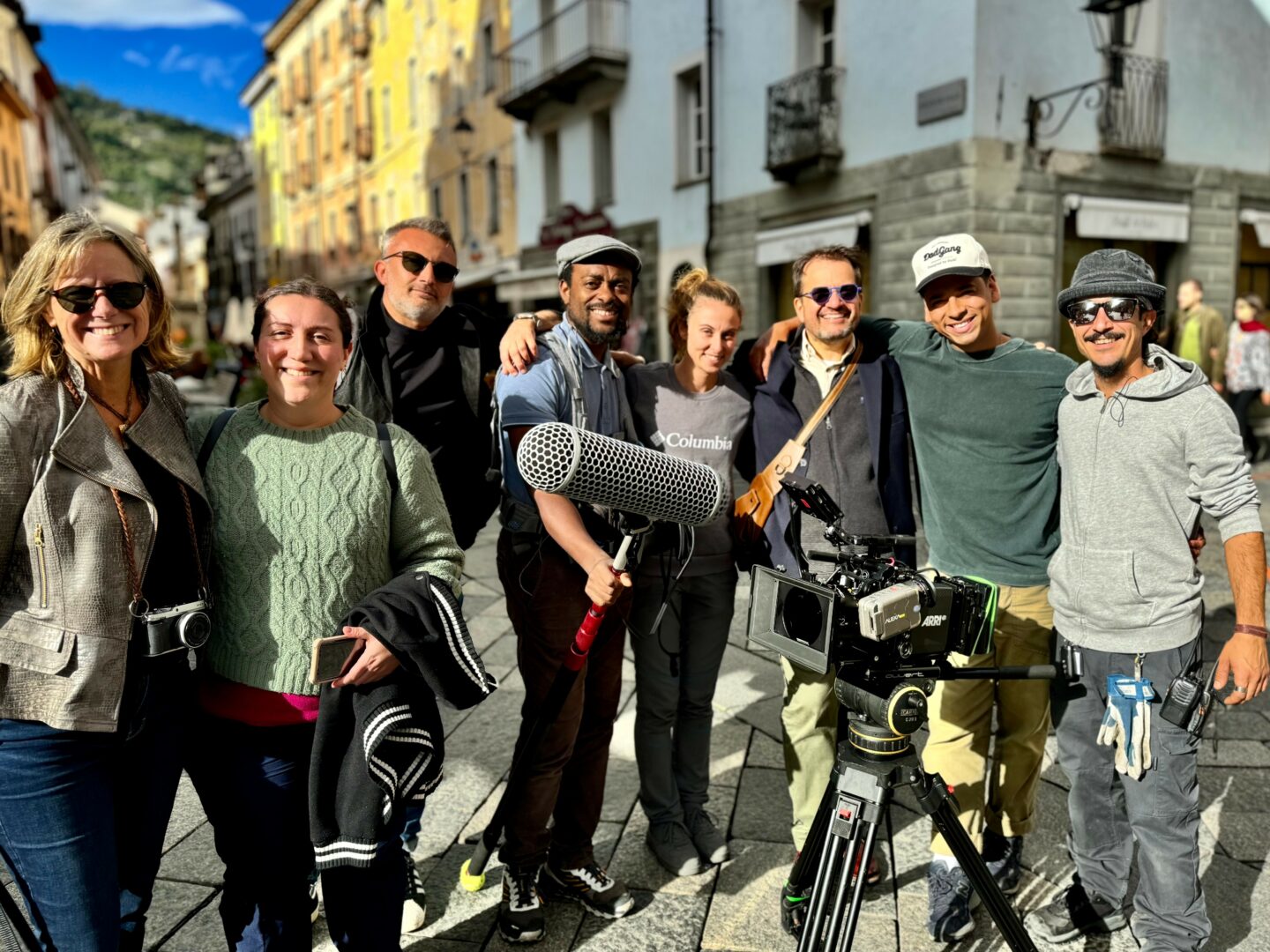
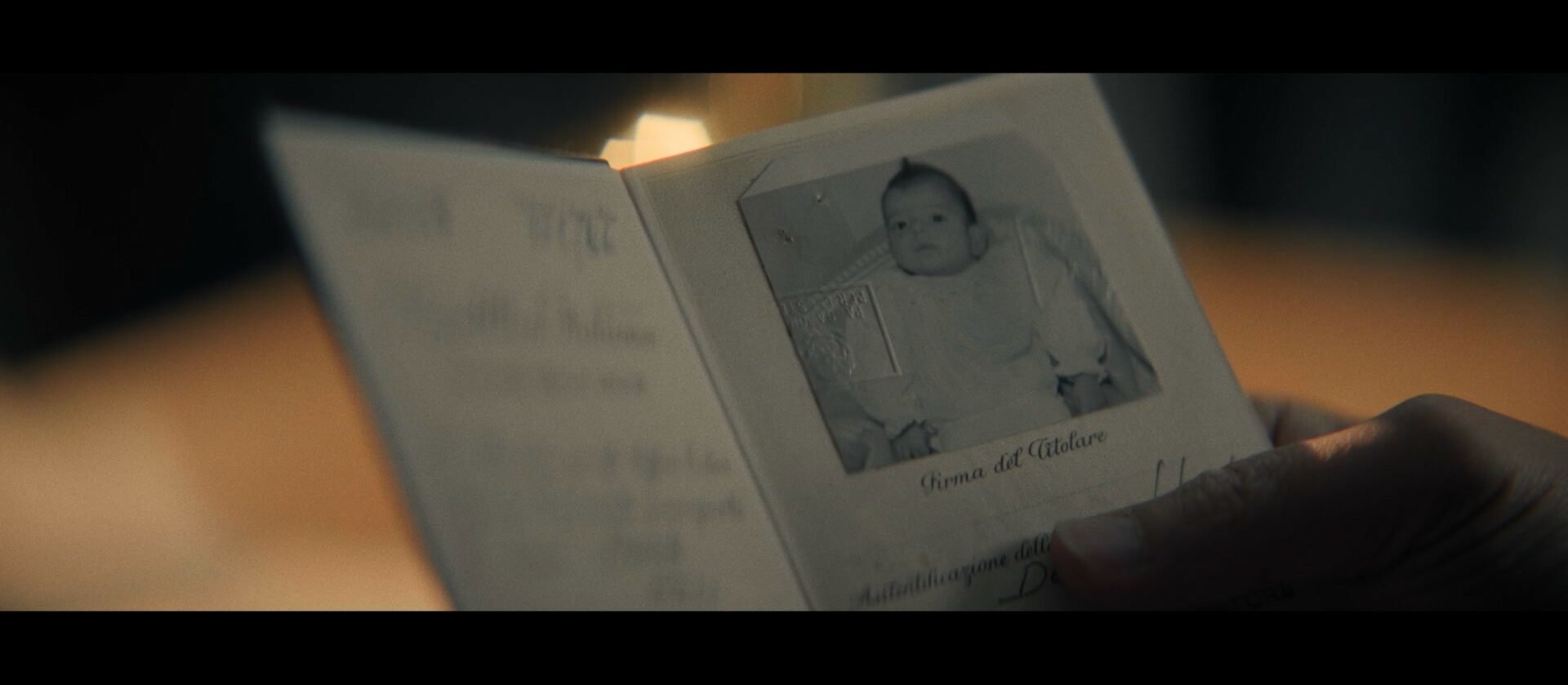
Image Credits
Photos courtesy of Marabella Enterprises, Inc. and Cervino Cine Mountain Festival
so if you or someone you know deserves recognition please let us know here.

